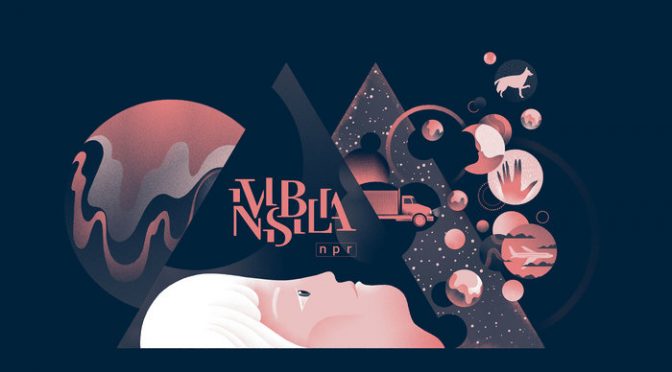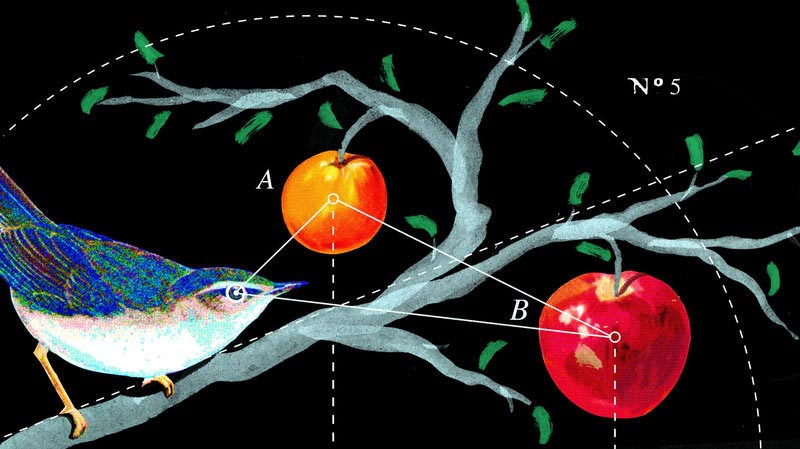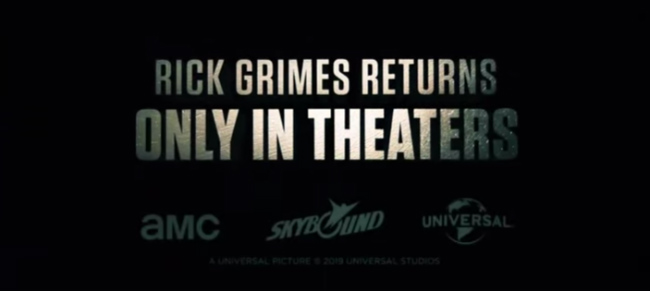Invisibilia’s Premiere Episode Looks At Emotions

Invisibilia, a podcast that looks at the invisible forces that shape our lives, returns for a third season with a hard look at our emotions.
NPR’s podcast Invisibilia returned for their third season with a two-part episode exploring what we know about emotions.
It’s a fascinating look at how emotions are formed, our potential misconceptions about them, and how they shape our reality.
This season is a change for Invisibilia, a podcast that looks at the invisible forces shaping our lives. In previous episodes, there were two stories that supported an overarching theme or idea.
But this season will be different. Hosts Hanna Rosin and Alix Spiegel frame this season as a “concept album” as they connect each episode, creating a bigger picture of our world.
Rosin and Spiegel tackle emotions in the show’s return. Previous episodes wrapped up within a 45 to 60-minute episode. This topic needed two episodes in order for Invisibilia to get its idea through to the reader.
The first part of Emotions tackles our preconceived notions on our own emotions.
They go back in time to cover a strange lawsuit where a child dies in a car accident and the child’s parents are sued by the other driver.
Long story short, the driver of the other car suffered from post-traumatic stress disorder (PTSD) and couldn’t get back to normal after the accident.
After months of emotional distress, his doctor diagnoses him with PTSD. His emotional state kept him from working and he sued the parents (rather, their insurance company) for lost wages.
In the episode, the hosts posit that society believes emotions are something that happens to us. We react to them and they’re largely out of our control.
But one psychologist at Northwestern University has a different theory.
What if emotions like anger, sadness or happiness aren’t universal defaults, but learned from others in our culture?
It’s the theory of constructed emotion and it calls our basic understanding of emotions into question.
And that question makes this episode a heavy hitter. Not that it just questions our basic understanding of our world, but it does so in such a simple way that you can’t help but to pause the episode and mull the question over yourself.
They reinforce that idea with the first story of the second part of Emotions.
In this part, Rosin and Spiegel tell us about an anthropologist who experienced an emotion that isn’t in Western culture.
Renato Resaldo observed this new emotion while researching a group of headhunters in the rainforest of the Philippines in the 1960s.
And yes. Headhunters. Literally a tribe of people who killed and detached heads from bodies.
Anyway, Resaldo and his wife embedded with the tribe. During this time, they saw an emotion twice, but on opposite sides of the emotional spectrum.
The emotion that gave Resaldo fits was called “legut.”
His first exposure appeared straightforward. Resaldo saw a highly energetic tribesman walking by when he first heard the term. So, he thought, the feeling was something more than energetic but less than manic.
But that changed.
He played an audio recording for some of the tribe members. They were merry and laughing at their own voices. Then the voice of a man who unexpectedly died played.
And the mood flipped.
The once jovial group had turned sour. They were experiencing “legut,” claiming the sound of the dead man’s voice made them want to take a head.
It wasn’t until a traumatic event some 20 years later that Resaldo understood the emotion. To tell you what the event was or the meaning behind the emotion would spoil the episode. Go listen to if you want the answer.
The final story lightened the episode’s mood. The hosts described it as a rom-com-esque story. And they’re not wrong.
The brief story focused on a gal who got so emotionally worked up on dates, that her body’s physical response was throwing up. And this happened on every first date until she got a handle on it.
Invisibilia’s two-part premiere was a great way to start their third season. Since this will be their “concept album” with each episode connecting in some manner, I’m expecting great story telling and interesting ideas for the rest of the season. And you should too.
Featured image above by Marina Muun for NPR




